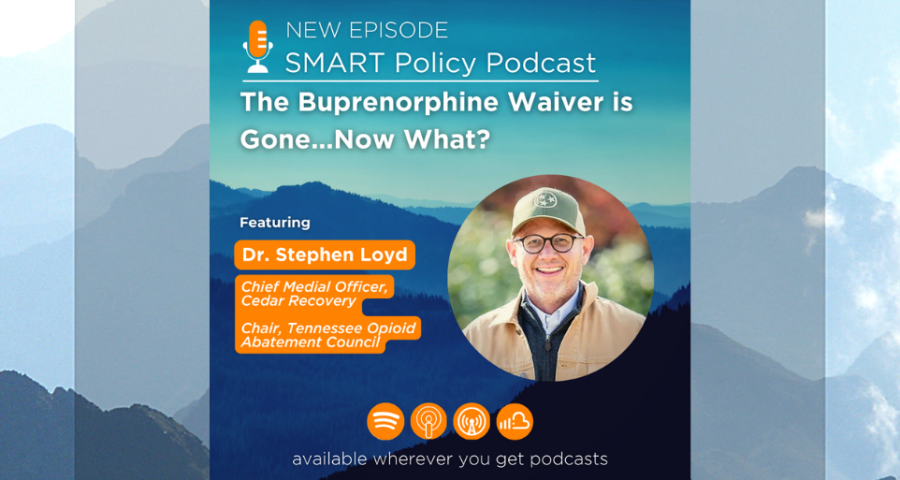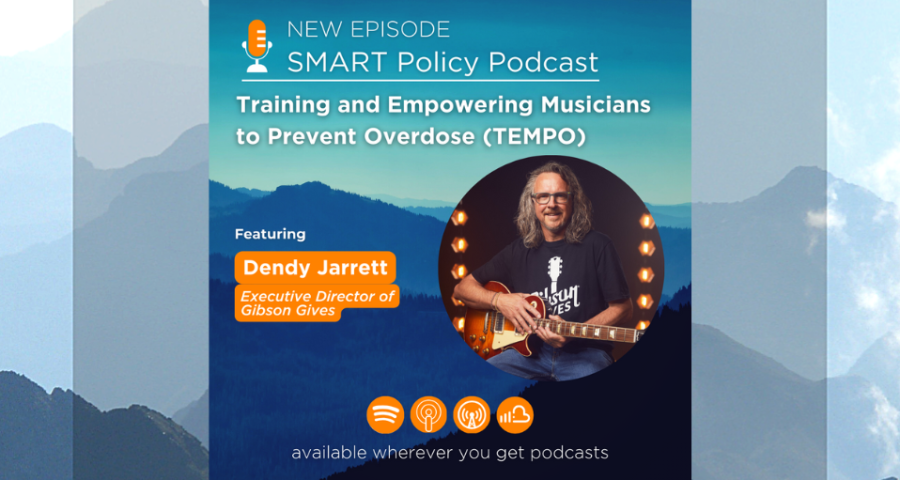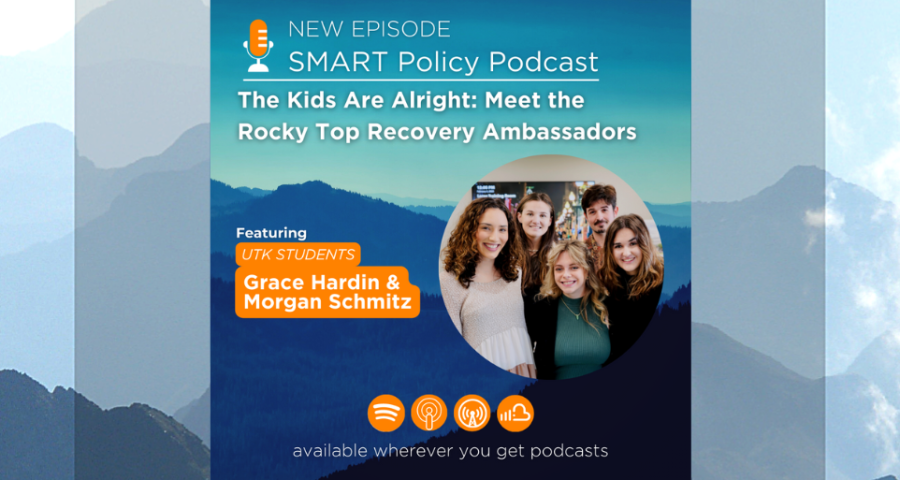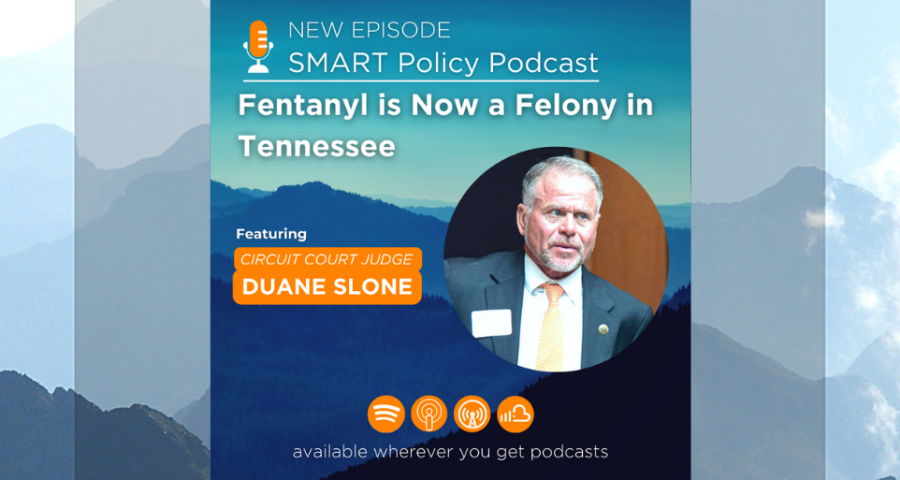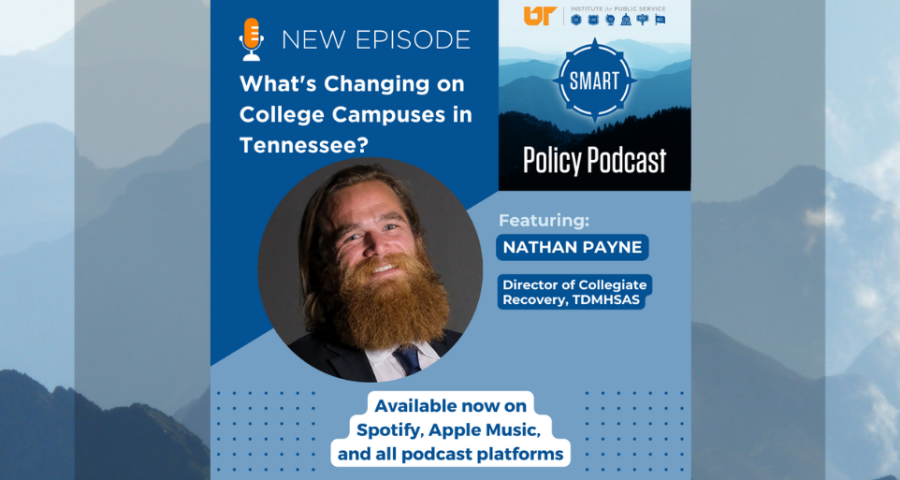Click here to listen on Spotify There have been huge changes at the federal level regarding the prescribing of medications for opioid use disorder, particularly regarding buprenorphine. For two decades since the DATA 2000 law, addiction clinicians had to get a specialized waiver through the DEA to prescribe buprenorphine, and
(Podcast) The Buprenorphine Waiver is Gone…Now What?
